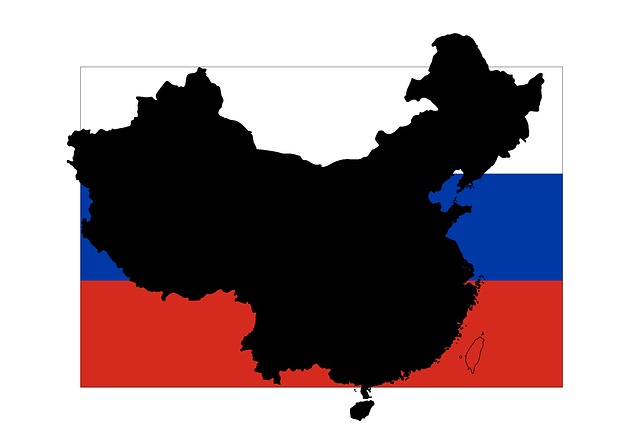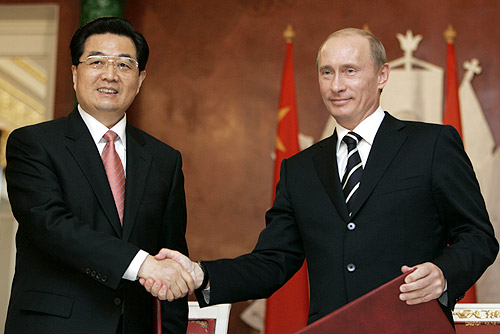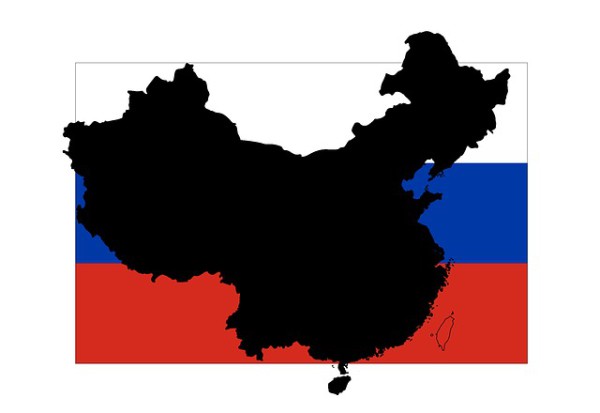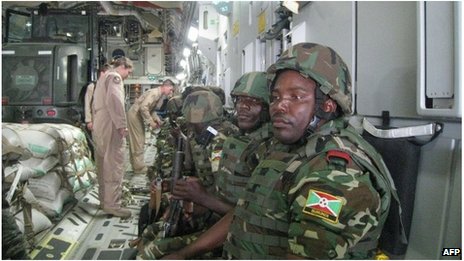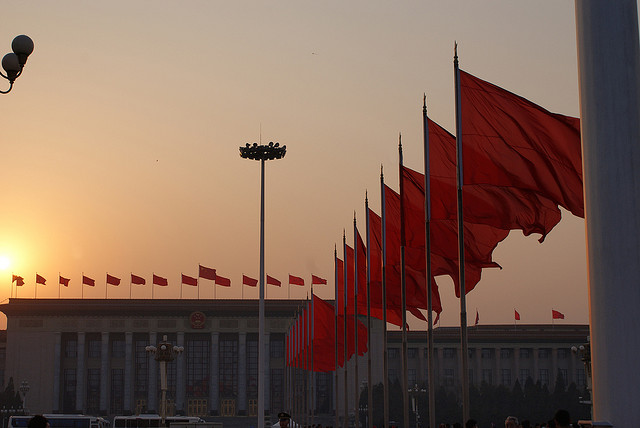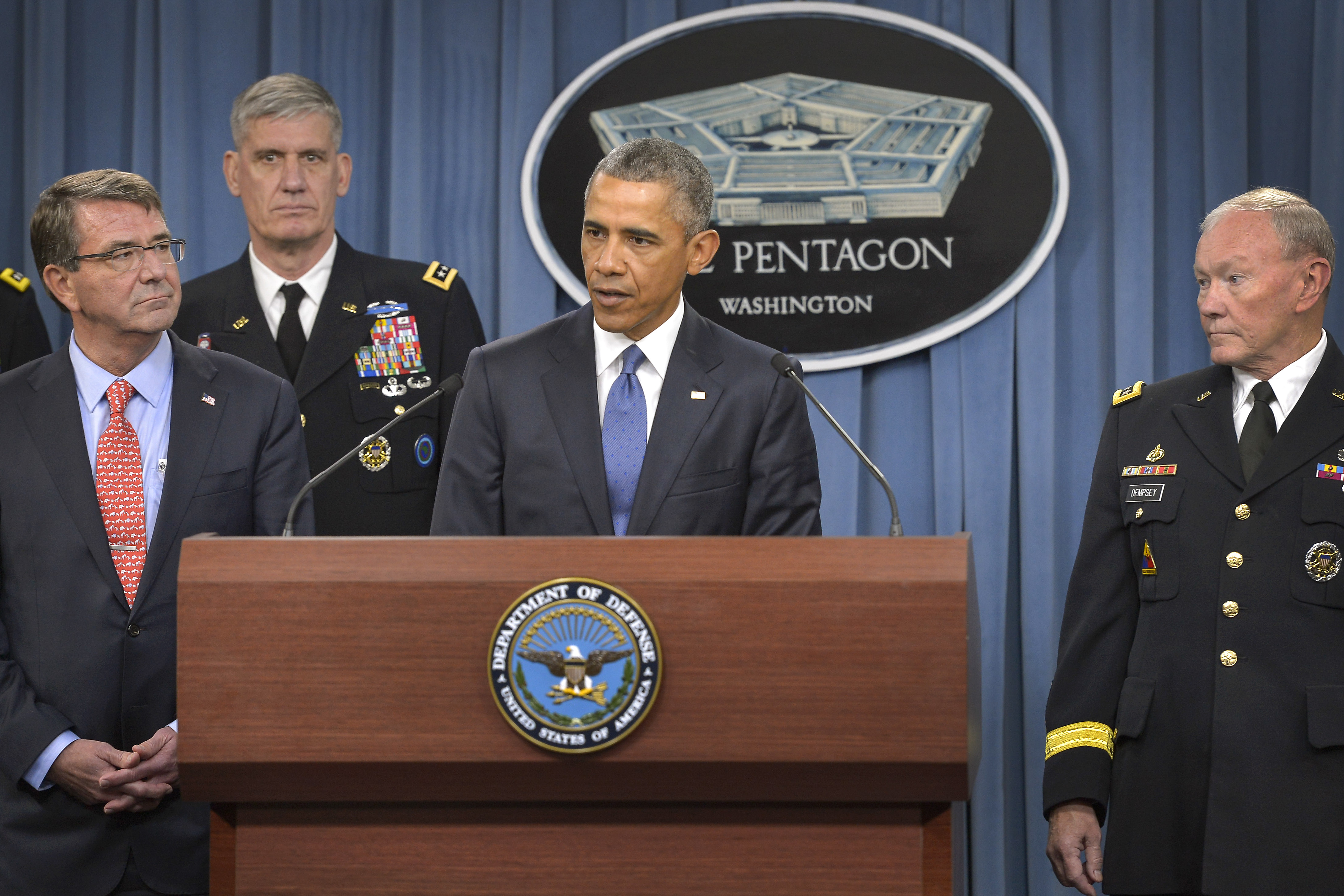It has been over a year since the conflict began with the annexation of Crimea, and the fighting between Ukrainian forces and Russian-backed militias in the east has no end in sight. Despite the ceasefire signed in February, conditions which included withdrawal of heavy weaponry from the front line and the decentralization of rebel regions by the close of 2015, Russia has continued to be the aggressor and has thereby violated the Minsk Agreement. On the political and economic front there seems to be little traction in the West’s efforts to curb Putin’s behavior through political isolation and stifling economic sanctions. For survival Putin has looked to the East and found China, a country with an appetite for natural resources and little concern for Western perceptions.
At the same time, last week, the G7 Nations met. They were once the G8 until Russia’s membership was suspended due to its involvement in the Crimea. A heightened issue of concern at the 41st summit of the G7 was the extension of the economic sanctions against Russia. The recent violations may result in the original July 2015 expiration to be extended to January 2016.
While the Russian economy has been on the decline since 2011, the Western imposed sanctions have done further damage to the Russian banks and corporations by impeding their ability to raise capital in the global markets. In order to reconcile domestic debts, which exceeded $60 billion in the last quarter of 2014, both Russian banks and corporations were forced to buy foreign currency. At the same time the Russian ruble collapsed, but in defiance of the financial forecasts, it has recovered dramatically in 2015. In another attempt to alleviate the stresses of economic sanctions, Russia’s biggest commercial lender, Sberbank, is issuing letters of credit in Chinese Yuan.
The first significant step in Russia’s relations with China began in May 2014 with a $400 billion gas deal and in the past year there have been multiple summit meetings between President Putin and Chinese President Xi Jinping. Both countries are looking to diversify their economies with the obvious benefit of allowing Russia to move away from its dependence on European consumers while China gains much needed access to Russia’s natural resources.
In 2014, trade between the two countries totalled $95.3 billion, with figures expected to exceed $100 billion in 2015 and double that by 2020. Going against predictions of a rivalry, China’s ‘Silk Road Initiative’ and Russia’s Eurasian Economic Union have agreed on the integration and coordination of the two mega projects. As the name suggests, the goal of the ‘Silk Road’ is to build a transport, energy, and trade corridor between Europe and Asia. The benefits to Russia, besides the selling of its natural resources, is the upgrading of its infrastructure by tapping into to the $40 billion ‘silk road fund’.
This partnership has been surprising to many observers given their long history of animosity. As stated by Igor Ivanov, ex-foreign minister and President of the Russian Council on International Affairs “we see a new type of relations evolving between Russia and China which have no precedent in the history of the cooperation between the great powers,”.
While Russia is always going to be economically tethered to the West, the trade union with China has offered a viable alternative for the Russian economy and demonstrates Putin’s political resourcefulness. However, this reprieve is likely to be short lived as the ramifications of mounting debt and a loss of sovereignty may prove to be a steeper cost. It begs the question as to whether economic sanctions have the desired effect in changing government policy or only further punishes those citizens in most need of recovery.

